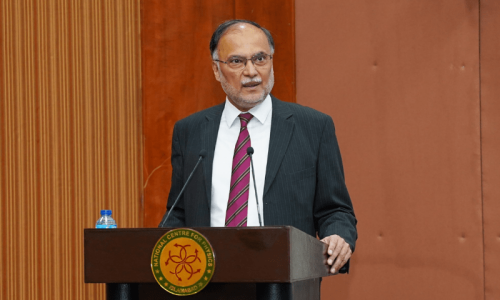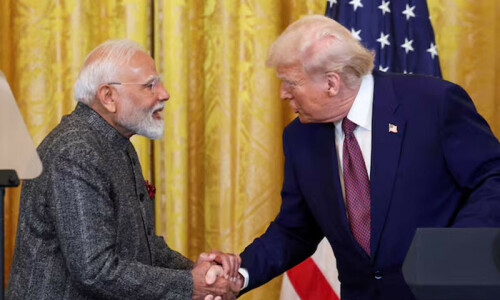On July 18, 2025, Richard Lindsay, the UK’s Special Representative for Afghanistan, conducted his first official visit to Kabul, where he met senior members of the Islamic Emirate, including Deputy Prime Minister Mawlavi Abdul Kabir. The focus of the talks was on strengthening humanitarian cooperation, especially regarding residential settlement programs designed to support returning Afghan nationals affected by displacement, conflict, and economic instability.
Lindsay also interacted with Afghan civilians to directly understand community challenges. His visit comes at a time when humanitarian needs remain critical, with UNICEF reporting that over half of Afghan children are facing malnutrition.
Despite not recognizing the Taliban-led government, the UK remains one of the largest humanitarian contributors to Afghanistan, allocating £286 million in aid during 2021–22. These funds are distributed via UN agencies and the International Committee of the Red Cross to ensure neutrality and bypass direct engagement with the regime.
This diplomatic trip follows the UK’s continued support for Afghan refugees, including 36,000 resettlements since 2021 through efforts like the Afghan Relocations and Assistance Policy (ARAP). Posts on X (formerly Twitter) describe the visit as a constructive and pragmatic effort to balance diplomatic distance with urgent humanitarian needs.
In the broader context, the UK’s engagement in Afghanistan highlights a delicate balancing act: maintaining international principles while addressing a growing humanitarian crisis in a geopolitically sensitive region.
Published in SouthAsianDesk, July 23rd, 2025
Follow SouthAsianDesk on X, Instagram and Facebook for insights on business and current affairs from across South Asia.




![Collage of COAS Field Marshal Munir [L] and US President Donald Trump. — ISPR/AFP](https://southasiandesk.com/wp-content/uploads/2025/06/18090415659519a-2.jpg)